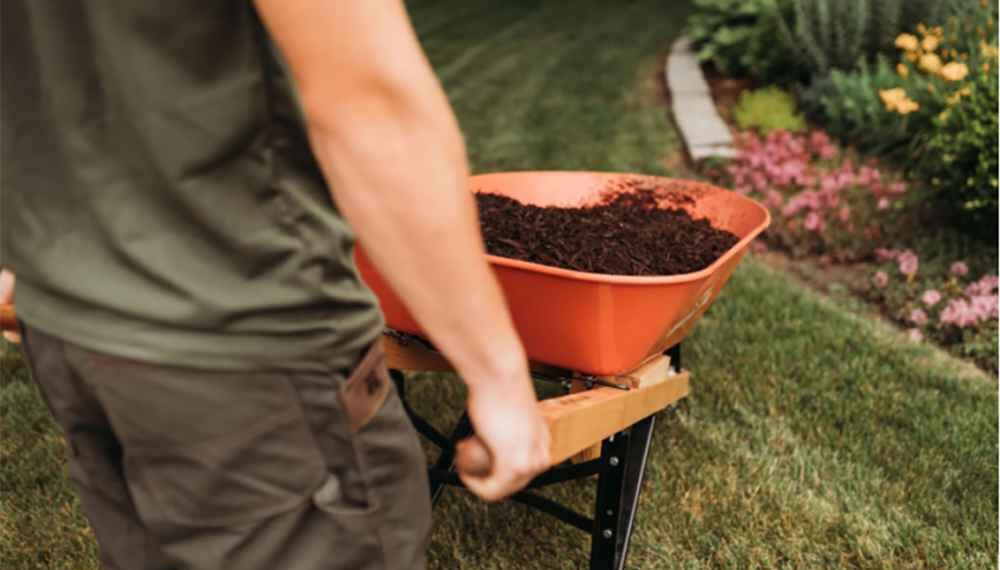There’s a lot more to gardening than just planting seeds in the ground and waiting for them to grow. In order to have a successful garden, you need to be aware of the different tasks that need to be done throughout the year. Here are some tips on year-round garden maintenance that every gardener should know about!
Start By Creating A Garden Plan
Planning your garden is essential, especially if you want to be successful in the long run. Without a plan, you’ll have no idea what you’re doing or where you’re going. A good garden plan will include a map of your garden, information on the plants you’re growing, and a schedule of tasks that need to be done throughout the year.
Start Small
Don’t bite more than you can chew. If you’re new to gardening, it’s best to start with a small garden. It’s not uncommon for aspiring gardeners to take on more than they can handle and give up. So, be wise. Once you get the hang of things, you can always expand your garden later on.
Prepare Your Garden For Winter
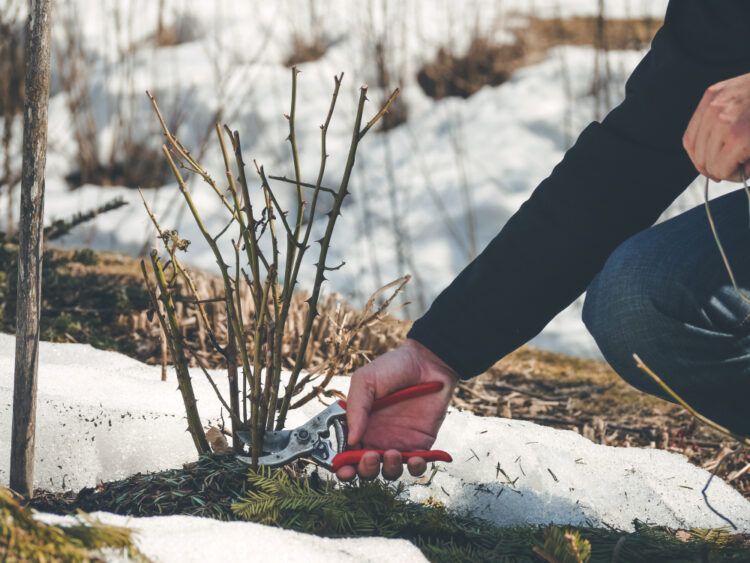
Just because the growing season is over doesn’t mean you can neglect your garden. In fact, preparing your garden for winter is one of the most important things you can do to ensure its success. Start by cleaning up any dead leaves and debris, and then mulch your beds to insulate the soil and protect the roots of your plants.
Pest Control
Pests are a fact of life when it comes to gardening, but there are steps you can take to control them. The first step is to identify what pests are causing problems in your garden. Once you know what you’re dealing with, you can choose the best method of control. Common methods of pest control include using traps, releasing beneficial insects, and applying organic pesticides.
Pick The Right Plants For Your Climate
When it comes to gardening, it’s important to choose plants that are suited for your climate. Plants that are native to your area will be the hardiest and require the least amount of care. If you choose plants that are not suited for your climate, they will be more susceptible to pests and diseases, and may not survive the winter.
Amend The Soil Before Planting
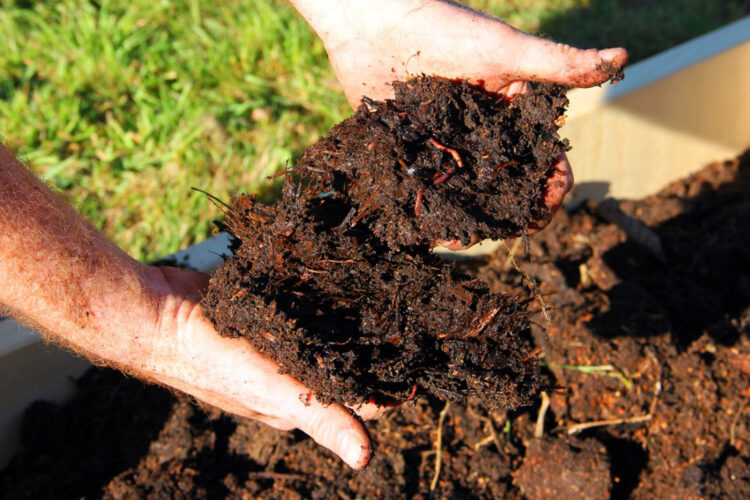
One of the most important things you can do for your garden is to amend the soil before planting. Soil amendment is the process of adding organic matter, such as compost, to the soil to improve its structure and drainage. Amending the soil will make it easier for plants to grow and will help to prevent problems such as root rot. And, the best thing about this is that you don’t even have to visit your local gardening center. You find quality compost online at lessmess.ca, or you can even make your own – but more on that later.
Water Your Plants Regularly
One of the most important things you can do for your garden is to water your plants regularly and deeply. Proper watering is essential for healthy plants, and it can also help to prevent problems such as pests and diseases. Water your plants in the morning, so that the leaves have time to dry before nightfall. And, be sure to water the roots, not the leaves.
Fertilize Your Plants
Fertilizing your garden is essential for healthy plants. Fertilizer provides plants with the nutrients they need to grow and thrive. It also helps to improve the soil structure and can help to prevent problems such as pests and diseases. There are many different types of fertilizer available, so be sure to choose one that is suited for the plants you’re growing.
Prune Your Plants
Pruning is essential for healthy plants and a good-looking garden. It helps to control the size and shape of plants, removes dead or damaged branches, and encourages new growth. You can prune most plants anytime from late winter to early spring, depending on the type, but it’s usually best to wait until after they’ve flowered.
Control Weeds
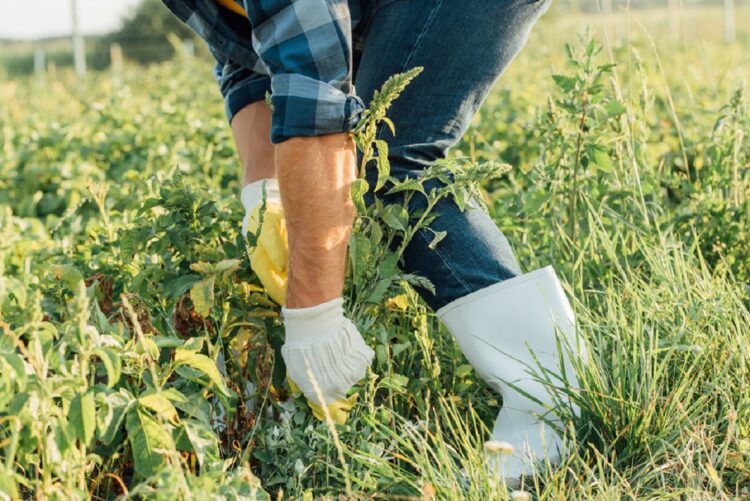
Weeds are a common problem in gardens, and they can be difficult to control. Weeds compete with plants for water, nutrients, and sunlight, and they can also harbor pests and diseases. Weeds can also be difficult to remove once they’ve taken root. That’s why it’s important to weed your garden regularly so that the weeds don’t have a chance to take over.
Harvest Your Plants
When it comes to gardening, harvesting your plants is one of the most important things you can do. Not only does it allow you to enjoy the fruits (or vegetables) of your labor, but it also helps the plant to continue growing strong. By removing the flowers or fruit from the plant, you’re actually signaling to the plant that it needs to produce more. This helps the plant to stay healthy and continue growing throughout the year.
Compost Your Garden Waste
Composting is an important part of garden maintenance because it helps to improve the soil structure and fertility. By composting your garden waste, you can create a rich, organic fertilizer that will help your plants grow healthy and strong. Not only is composting good for your plants, but it’s also great for the environment. Composting helps to reduce landfill waste and can also help to improve water quality by preventing erosion and runoff.
Mulch Your Garden Beds
Mulching is another important gardening tip that can help to improve the health of your plants. Mulching helps to suppress weeds, retain moisture in the soil, and protect your plants from extreme temperatures. There are many different types of mulch available, so you can choose the one that best suits your needs. Some popular options include bark chips, straw, and leaves.
Protect Your Plants
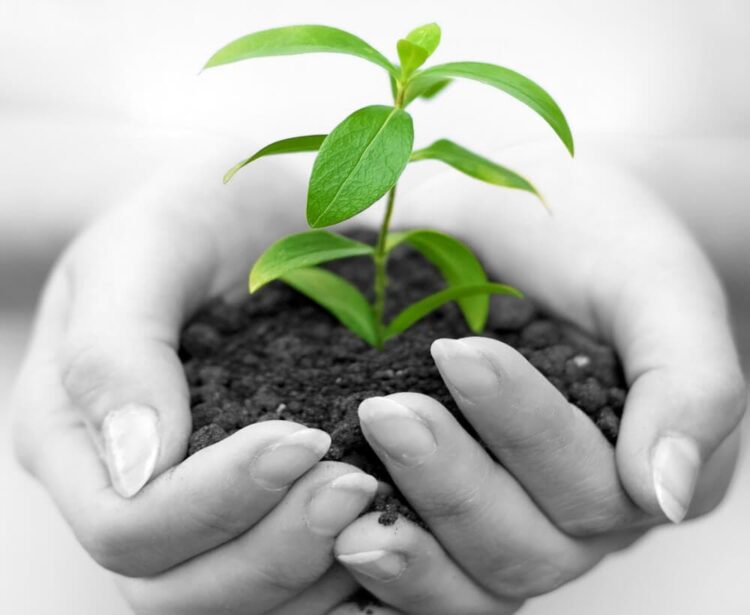
Protecting your plants from the elements is an important part of garden maintenance – especially if you’re gardening for food. Hot sun, cold winds, and heavy rains can all damage your plants. That’s why it’s important to cover them up when the weather is bad. You can use a tarp, a sheet of plastic, or even set up a greenhouse to protect your plants from the worst of the weather.
Conclusion
Gardening is a great way to enjoy the outdoors and get some fresh air, and it’s also a great way to improve your home landscape.
By following these year-round garden maintenance tips, you can help your plants stay healthy and looking good all year long. Not only will your garden look great, but you’ll also be able to harvest fresh fruits, vegetables, and flowers – all while helping the environment. So what are you waiting for? Get out there and start gardening!

